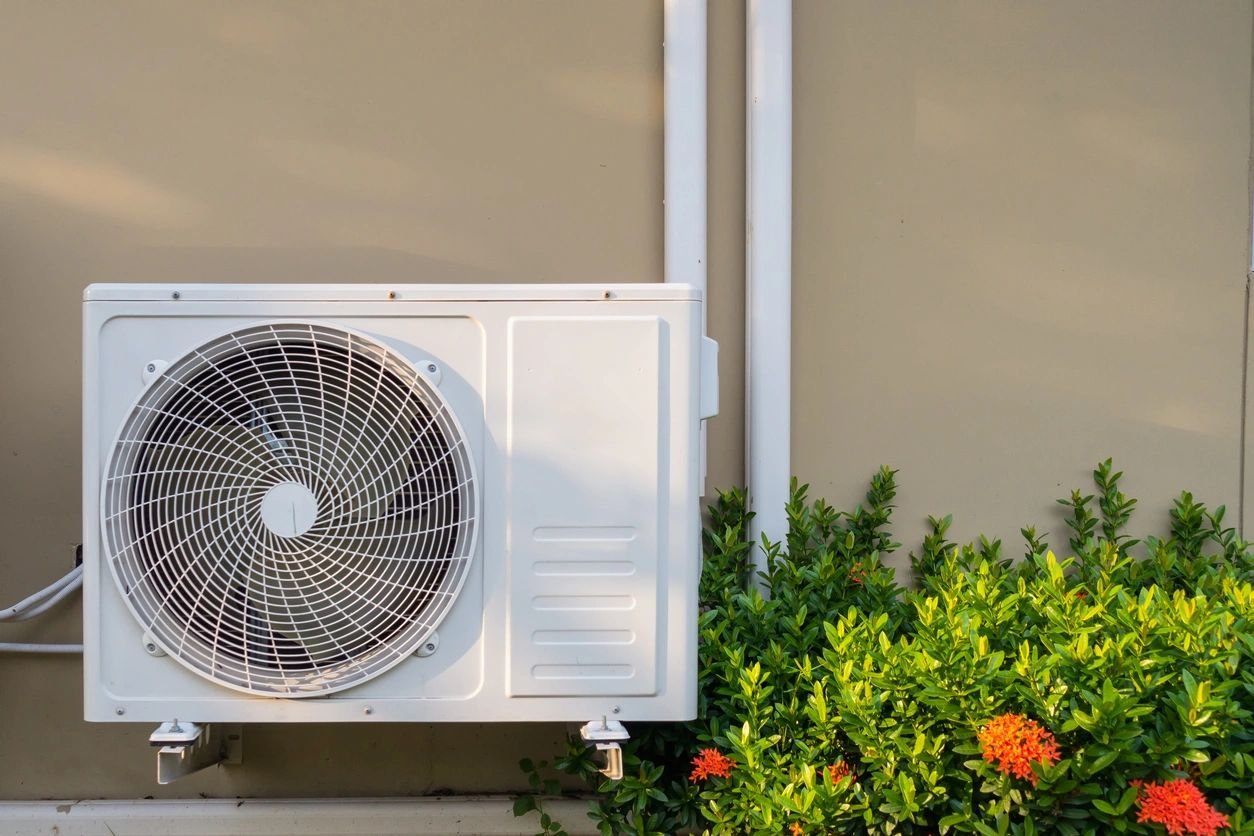Key Takeaways:
- Reasons for Replacement: Understand why replacing an old AC unit benefits efficiency and comfort.
- Choosing the Right Unit: Key factors like proper sizing and energy ratings impact your choice.
- Energy Efficiency: How EER and SEER ratings determine the efficiency of an AC unit.
- Installation and Maintenance: Checking ductwork, controlling humidity, and ensuring regular maintenance are important.
Importance of AC Replacement
Replacing an old air conditioning unit enhances comfort and improves energy efficiency, potentially reducing utility bills significantly. As AC units age, they become less efficient, consume more energy, and struggle to maintain comfortable temperature levels.
Reasons for Replacing an Old AC Unit
An old AC unit can significantly drain your household’s energy resources and finances. Increased energy bills, frequent repairs, and diminishing performance indicate that your AC unit may be on its last legs. Switching to a new, energy-efficient AC model can help alleviate these problems. Modern air conditioners are designed to use energy more effectively, providing cooling at a lower cost due to higher efficiency standards.
Signs It’s Time for a AC Replacement
Identifying the optimal time AC replacement is essential for preserving indoor comfort and maximizing energy efficiency. Common signs include unusual noises, inconsistent room temperatures, and increased dust and humidity. If your AC unit is over ten years old and repair expenses are accumulating, consider replacing it.
Selecting the Right AC Replacement Unit
Choosing a new air conditioning unit involves several considerations to ensure it meets your home’s cooling needs while being energy efficient. This section outlines the key factors homeowners should consider when selecting a new AC unit.
Factors to Consider in Choosing a New Unit
The selection of a new AC unit should be guided by factors such as unit type, size, and the specific cooling demands of your home. It’s crucial to perform a detailed load calculation to ascertain the correct size for the new unit. An improperly sized unit, whether too large or too small, can cause inefficiencies and accelerate wear and tear.
Importance of Proper Sizing and Load Calculation
Proper sizing of your new AC unit is critical for optimal performance. A load calculation considers various aspects of your home, including square footage, window orientation, insulation levels, and climate zone. This ensures the unit is both too large (causing short cycling) and too small (struggling to cool spaces efficiently), which can lead to increased energy costs.
Understanding Energy Efficiency in AC Units
When choosing a new AC unit, energy efficiency is a crucial factor to consider. This section explains the significance of EER and SEER ratings and how they affect your unit’s performance and energy consumption.
EER and SEER Ratings
The Energy Efficiency Ratio (EER) and Seasonal Energy Efficiency Ratio (SEER) are measures of air conditioner efficiency. While EER reflects the cooling capacity to power input at a fixed temperature, SEER measures efficiency over an entire cooling season. Higher ratings indicate more energy-efficient units, contributing to lower electricity bills and reduced environmental impact.
Benefits of Higher SEER Ratings
Units with higher SEER ratings provide better energy efficiency, leading to savings on energy bills and a reduced carbon footprint. Investing in a high-SEER unit can qualify homeowners for various rebates and tax incentives, further offsetting the initial investment cost.
Installation and Maintenance Considerations
Correct installation and ongoing maintenance ensure your AC unit functions efficiently. This section covers the essential maintenance tasks that should be considered post-installation.
Checking Ductwork for Leaks
An often overlooked aspect of AC efficiency is ductwork. Inspecting and repairing leaks in ductwork can significantly improve the efficiency of your air conditioning system. Leaky ducts can lead to a loss of up to 30% of airflow, making your AC work harder and less efficiently.
Importance of Humidity Control in AC Units
Effective humidity control is essential for maintaining comfort and preventing mold growth. Modern AC units often include features that help control humidity levels automatically, ensuring a comfortable and healthy indoor environment.
Quick Response Times and Extended Service Hours
When selecting HVAC services, consider providers that offer quick response times and extended service hours. This ensures that any issues with your AC unit are promptly addressed, minimizing downtime and discomfort.
Commitment to Safety and Comfort
Ultimately, air conditioning replacement aims to enhance indoor comfort and safety. Choosing the suitable unit, ensuring proper installation, and committing to regular maintenance can lead to a significantly more comfortable, safe, and energy-efficient home environment.


